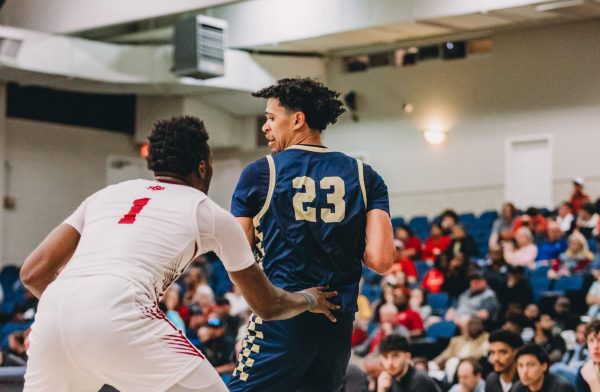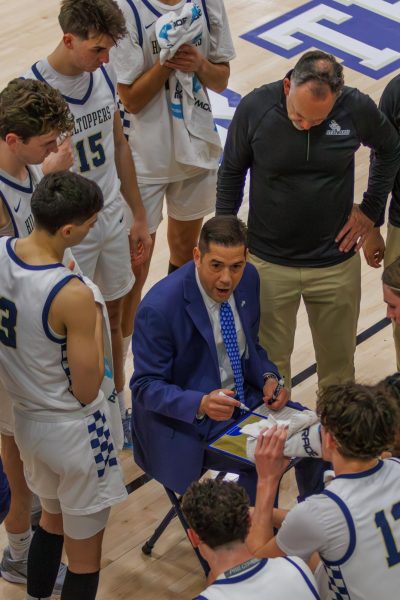Soccer clubs splash the cash in transfer window
Many of Europe’s top football clubs broke the bank this summer, as the pursuit of Champions League glory and domestic silverware led to record spending on big-name players. FIFA’s summer transfer window, which opens Jul. 1 and ends Sept. 2, is the official “open-season” for teams to negotiate the signing of players who are contracted to other clubs.
In American sports, superstar athletes can only be acquired through free agency or trades. But in world football, clubs can pay exorbitant transfer fees to release a player from their contract, effectively buying them away from other clubs. Under this auction-type structure, spending hit an all-time high this summer as English Premier League teams spent a record £630 million on players and Spanish club Real Madrid broke the world transfer record by purchasing Tottenham forward Gareth Bale for an estimated £85 million.
While some clubs got their business done early in the summer, with Barcelona and Monaco flexing their financial muscle in deals for Neymar and Radamel Falcao respectively, others waited until the final days of the transfer window to get their man.
One of those clubs to wait until the deadline, Arsenal, shattered their transfer record in a £42.5 million deal for German maestro Mesut Özil, ending their summer of frustration after missing out on Gonzalo Higuain and Luiz Gustavo. The capture of Özil marked a change in philosophy for the usually shrewd London outfit, and also signaled an end to the mass exodus of star players over the last few years.
For longtime Arsenal fan and St. Edward’s student Peter Grossman, it was a refreshing change after seeing star striker Robin van Persie sold to Manchester United the previous summer.
“It was about time we bought somebody, Arsenal has always had the money” said Grossman. “Özil is a world-class player and justified his price tag with his performance against Sunderland on Saturday. He’s just what we need to fill the void after van Persie left.”
While spending big on one player was a popular trend this summer, other clubs such as Tottenham and Chelsea opted to spread out their budgets on multiple players. For Chelsea, one of their more eye-opening acquisitions was that of 32 year-old striker Samuel Eto’o, who joins a squad littered with young talent.
“Eto’o was the signing that impressed me most,” said James Mendez, junior at St. Edward’s. “He scored over a hundred goals for Barcelona and has won the Champions League with two different teams. I’m interested to see how an aging player will mesh into Chelsea’s squad of young guns.”
As exciting as this big spending and squad overhaul can be for fans though, FIFA has plans to restore competitive balance to the footballing world. Under its new “Financial Fair Play” ordinance, clubs must use their revenue streams to fund transfers as opposed to influxes from wealthy ownership.
Targeting clubs bankrolled by billionaire tycoons, this legislation aims to reduce the number of big money offers on the market and prevent smaller clubs from getting their star players poached. It is a plan that will lay the ground work for more competitive play in years to come, eradicating “two-team leagues” such as Spain’s La Liga and Germany’s Bundesliga.











